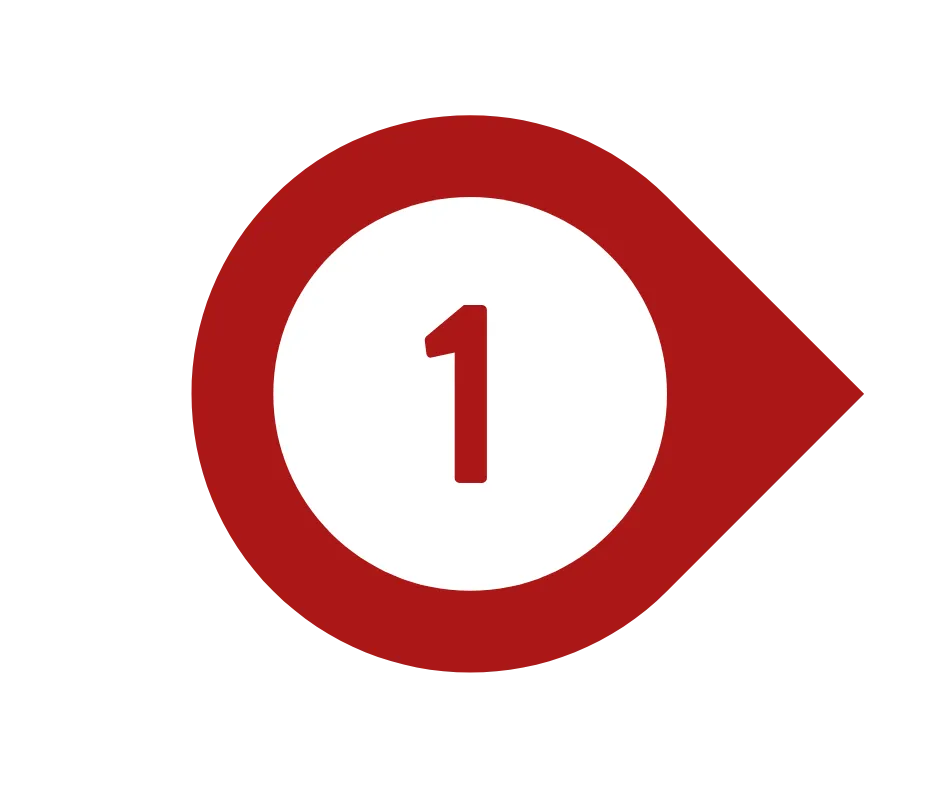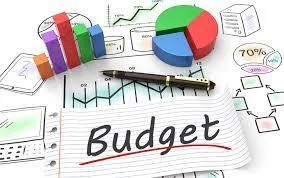Trouble with debt?
We can help .
Reduce your debt to a fraction of what you owe
Consolidate multiple payments into one
Be debt free in 12-48 months

We are committed to helping clients find relief. Our Certified Debt Consultants and customer service representatives provide our clients with help and guidance on every step of their program. Clients have full access to their information on our online Client Dashboard, where they can track their progress from anywhere at any time. Throughout our program, we provide the support, tools, and resources clients need to reach their goals and improve their financial well-being.
Protect Your Family and Your Future
What would you do if you had no debt and a control over your money?

Build
Each month, you make a deposit into an FDIC-insured dedicated account that you control. As your account grows, we create a custom plan to get you out of debt.

Negotiate
After enough funds build up in your account, we negotiate with your creditors to settle your debts for significantly less than you owe.

Settle
Our expert negotiators work hard to get you the best savings possible. Every time we settle one of your debts, we contact you for authorization and approval.

Freedom!
After the full settlement amount is paid on each account, you no longer owe your creditors. Your credit card debt is behind you!
You Can Have Financial Peace of Mind
We can help you find the peace of mind you deserve an freedom from the burden of debt and the stress it causes with a customized plan that meets your
needs. We are committed to ensuring you have financial peace of mind so you can move on from a life of debt.
We've all been in a position where we need help. Our clients often seek our help after...
Job loss
Income loss
Illness
Divorce
Death in the Family
Business Issues


Creating A Budget That Doesn't Rely on Credit Cards To Make Ends Meet
Credit cards can be a useful financial tool, but relying on them to make ends meet can lead to a cycle of debt. If you're struggling to make ends meet without using credit cards, creating a budget can help you regain control of your finances. In this article, we will discuss how to create a budget that doesn't require using credit cards.
Track Your Expenses
The first step to creating a budget is to track your expenses. This will help you understand where your money is going and identify areas where you can cut back. Start by keeping track of all your expenses, including bills, groceries, and discretionary spending, for at least one month. This will give you a clear picture of your spending habits and help you identify areas where you can make changes.
Determine Your Income
Once you have a good understanding of your expenses, the next step is to determine your income. This includes any regular income you receive, such as your salary, as well as any additional income, such as freelance work or a part-time job. Make sure to take into account any taxes or other deductions that are taken out of your paycheck.
Set Financial Goals
Before you create a budget, it's important to set financial goals. These can include short-term goals, such as paying off a credit card or building an emergency fund, as well as long-term goals, such as saving for a down payment on a house. Having clear financial goals will help you stay motivated and focused as you create and stick to your budget.
Allocate Your Income
Once you have a clear understanding of your expenses, income, and financial goals, it's time to allocate your income. Start by prioritizing your expenses, such as rent or mortgage payments, utilities, and groceries. Then, allocate money to your financial goals, such as paying off debt or saving for a down payment. Finally, allocate money to discretionary spending, such as entertainment or dining out.
Cut Back on Discretionary Spending
If you find that your expenses exceed your income, it's important to cut back on discretionary spending. This can include eating out less often, canceling subscription services, or shopping for clothes or electronics less frequently. Cutting back on discretionary spending can free up money to pay down debt or save for your financial goals.
Stick to Your Budget
Creating a budget is only half the battle – sticking to it is the other half. Make a commitment to stick to your budget, and regularly review your progress to ensure that you're on track to meet your financial goals. Consider using tools such as a budgeting app or spreadsheet to help you stay organized and keep track of your expenses.
Creating a budget that doesn't require using credit cards is an important step in regaining control of your finances. By tracking your expenses, determining your income, setting financial goals, allocating your income, cutting back on discretionary spending, and sticking to your budget, you can achieve financial stability and avoid relying on credit cards to make ends meet. With discipline and dedication, anyone can create a budget that works for their financial situation.

© Copyright 2023. Elevare Debt Solutions, LLC. All rights reserved.